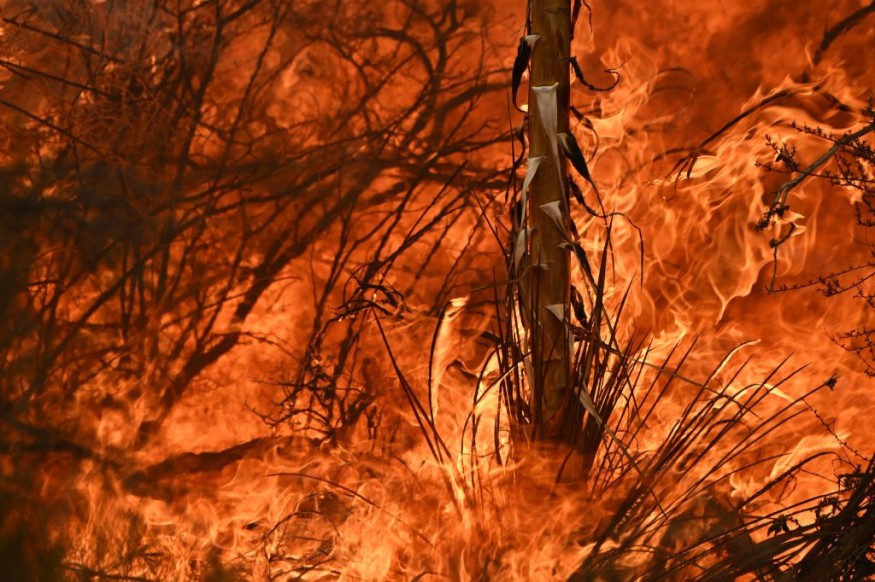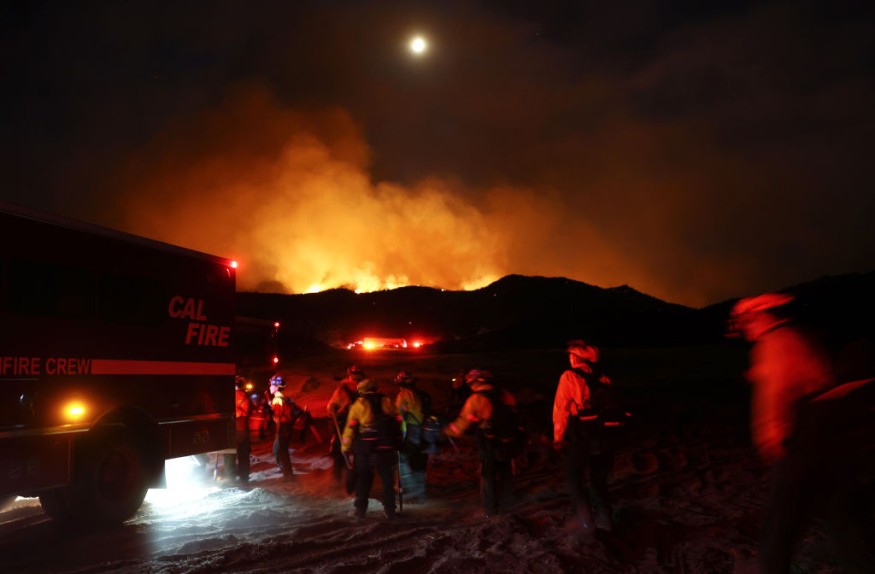According to a study, California's greenhouse gas reductions might be destroyed by wildfires in 2020. According to a recent analysis conducted by scientists at the University of California, the state's wildfires in 2020-the worst wildfire year ever-emitted twice as much greenhouse gases into the atmosphere than California's overall decrease in these pollutants between 2003 and 2019.

Studying Emission
Dr. Michael Jerrett, professor of environmental health sciences at UCLA Fielding School of Public Health and a principal author of the study, stated that wildfires in California have grown to be a significant and increasing source of GHG emissions. "Emissions from wildfires in 2020 effectively cancel out 18 years of greenhouse gas emission decreases."
Jerrett, who also serves as co-director of the UCLA Center for Healthy Climate Solutions (C-Solutions), a research center devoted to defending people and communities from the effects of climate change, said: "To the great credit of California's policy-makers and residents, California's GHG emissions declined from 2003 to 2019, a 13% drop that was largely driven by reductions from the electric power generation sector. In essence, the smoke created by a single year of record-breaking wildfires threatens to overshadow the good effects of all that labor for nearly two decades.
Recovering Vegetation

Regrowth vegetation in burned regions may reduce some emissions over the long to very long term. Still, it won't happen quickly enough to stop dangerously high levels of increasing pollution, temperature, and climate change, according to the researchers.
Dr. Miriam Marlier, a UCLA Fielding School professor and co-author, stated, "To put this into perspective, without considering future vegetation regrowth, emissions from the 2020 wildfires could be the second most important source of GHG emissions in the state of California; above either industry or electrical power generation." It's important to remember that many of the worst fire years in California's history have happened in the last 20 years, with 18 of the top 20 most destructive fires (in terms of loss of life and property) occurring since 2000 and five occurring just in 2020.
The researchers also looked at the monetary costs of the air pollution caused by wildfires; according to several metrics, the damages from carbon emissions alone are estimated to be around $98.7 million in California alone, $986.9 million in the U.S., and up to $7 billion worldwide.
Dr. Amir Jina, an assistant professor at the University of Chicago's Harris School of Public Policy and a co-author of the study, said, "These are estimates, of course, but they represent a currently unquantified aspect of damages due to fires that are incurred globally, in the U.S., and in California itself." These losses should be added to the costs of putting out fires, the health effects of air pollution, and direct losses of life and property.
Wildfire Frequency
Although wildfires are common in many Californian ecosystems, the likelihood of altered post-fire ecosystems has increased due to the state's increasingly severe and frequent wildfire occurrences, according to Marlier. "Even if long-term regrowth takes place, however, the carbon emissions occurring in the next 15-20 years will make it difficult to reach emission reduction targets needed to avert the increases in mean global temperature advocated by the Intergovernmental Panel on Climate Change (IPCC)," according to the study.
According to Jerrett, the main focus of the study is the difficulties of comprehending these highly complex systems and identifying policy choices that might aid in finding answers. He said that compared to GHG emissions from other industries, wildfire emissions "have not gotten nearly the same amount of investment or attention." "While wildfires are partially a natural occurrence, human activity-including man-made climate change
For similar news, don't forget to follow Nature World News!
© 2025 NatureWorldNews.com All rights reserved. Do not reproduce without permission.





